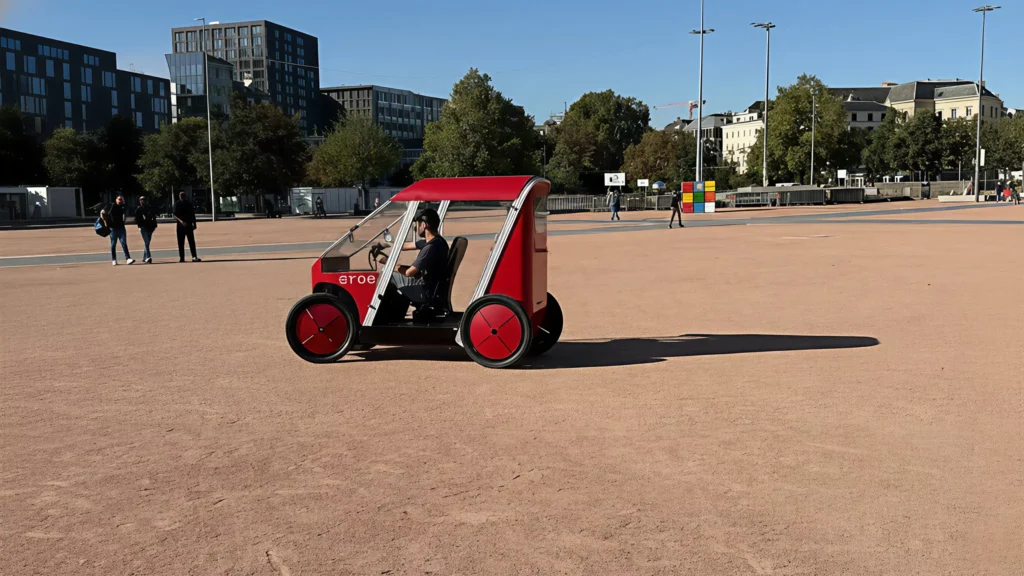
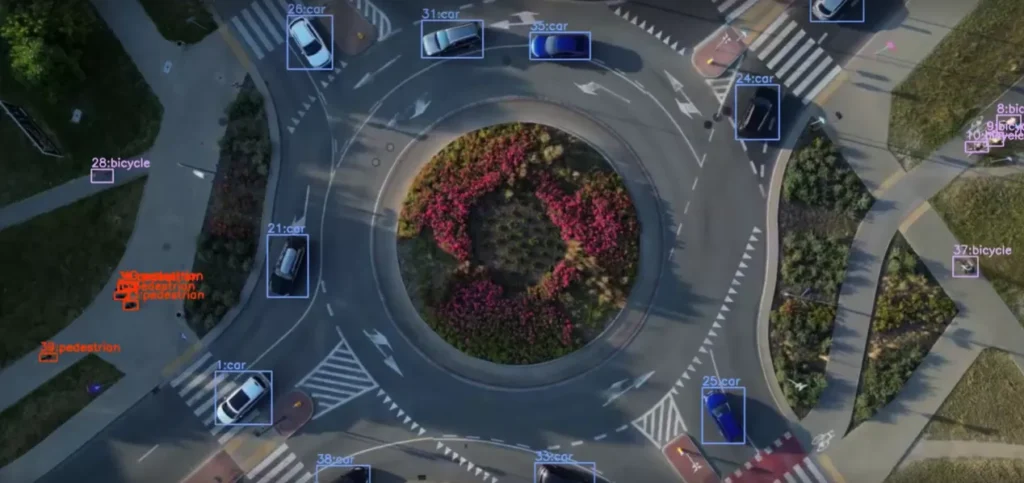
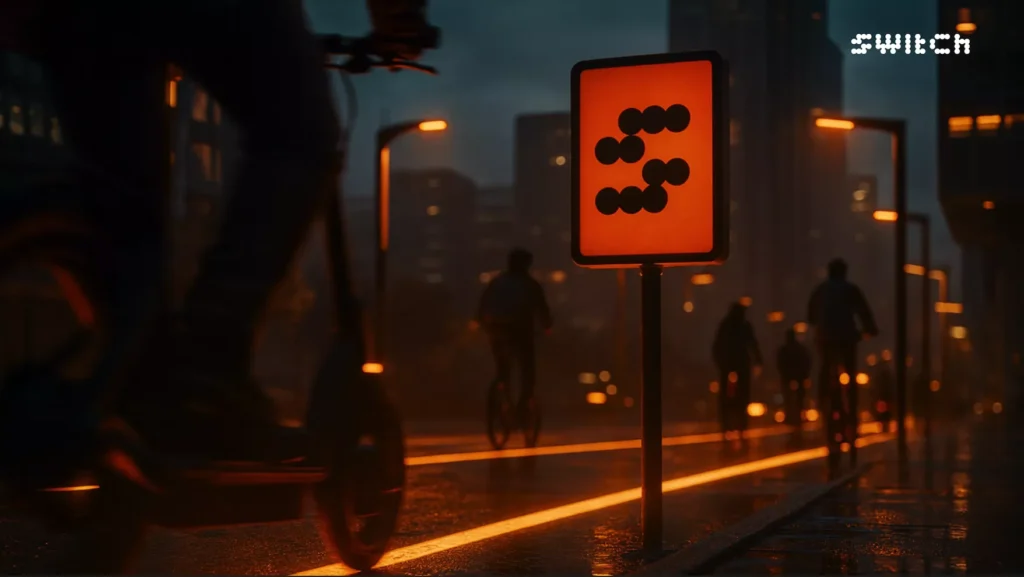



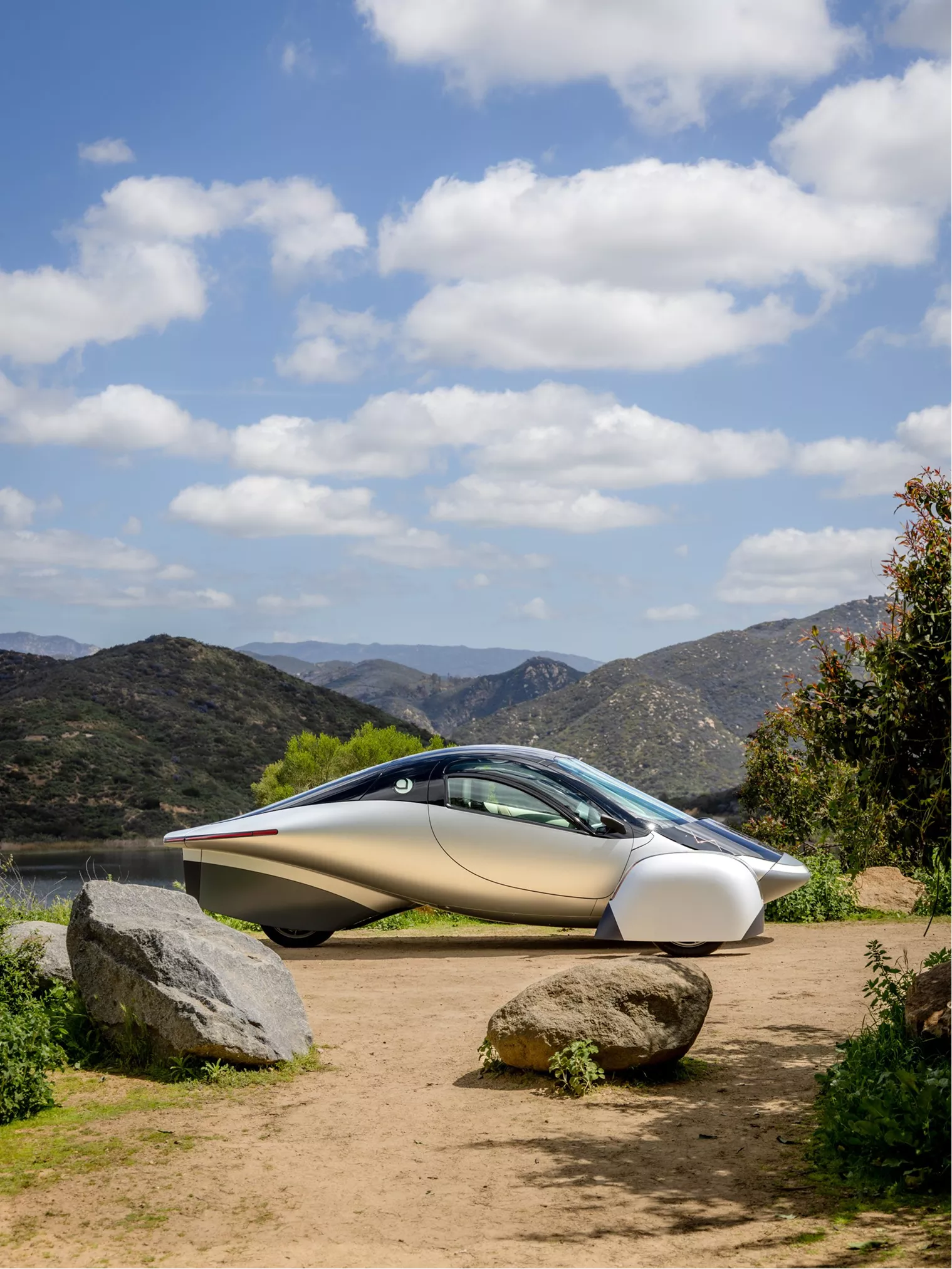
From EVs and batteries to autonomous vehicles and urban transport, we cover what actually matters. Delivered to your inbox weekly.
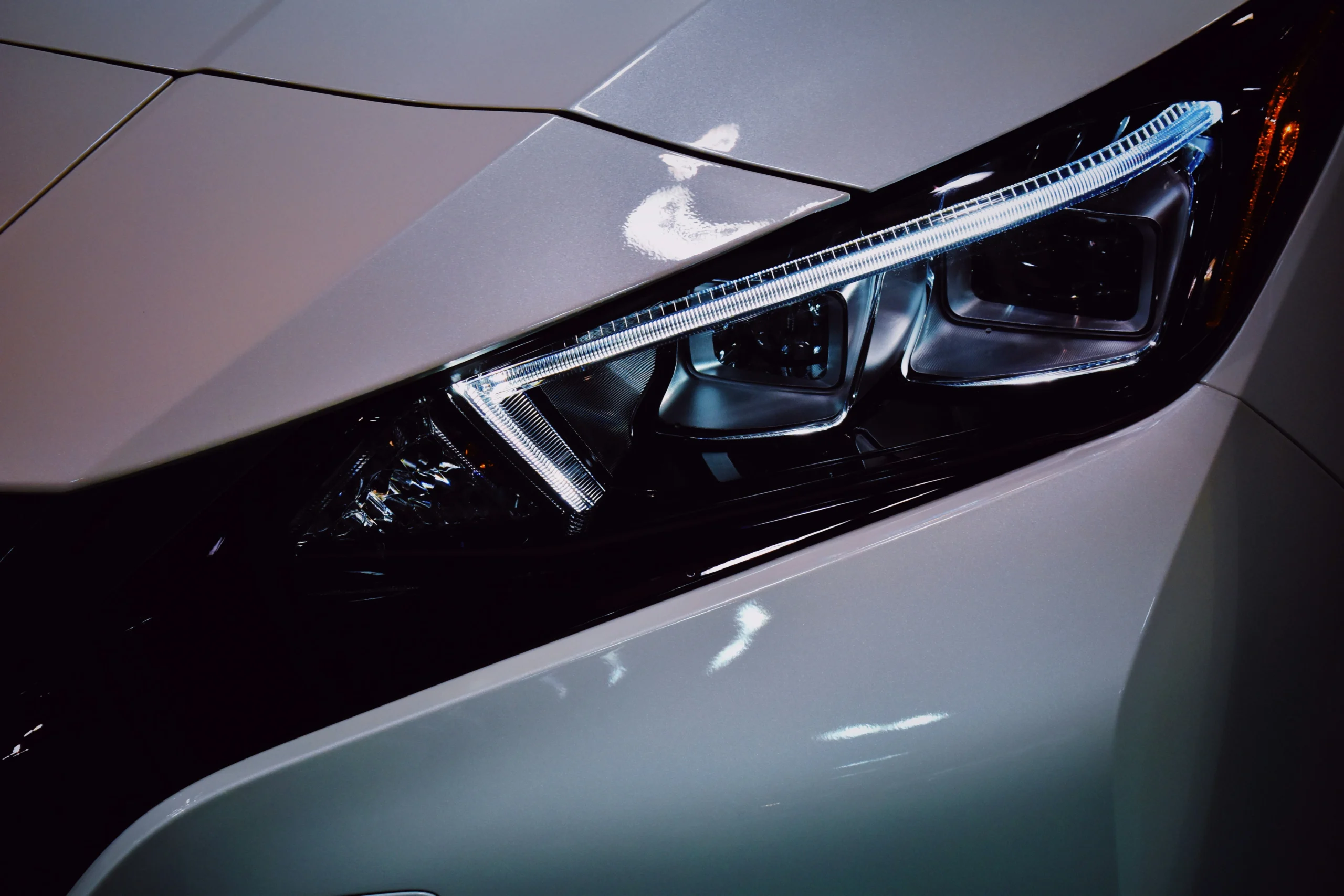
Their joint effort focuses on tightly integrating clean energy into EV charging infrastructure. Octopus Energy brings its software and renewable power portfolio to the table, while Nissan adds vehicle compatibility and reach across European markets. It’s not just about plugging in—it’s about making charging more user-friendly, more transparent, and more sustainable.
The rollout spans multiple European countries. Though the companies haven’t specified exact markets or timelines, the clear goal is to position their system as a default option for new EV customers. Nissan drivers will be able to access Octopus’s charging solutions, most likely bundled with energy tariffs and home charging gear that sync with grid demand and renewable supply. The companies are promising a “best-in-class” experience, though what that means in practice will depend on execution at the local level.
This partnership speaks to a larger shift in how automakers and energy providers are working together. For years, charging infrastructure has lagged vehicle development, often leaving EV customers with a patchwork experience. By baking energy services into the vehicle ecosystem—especially ones powered by renewables—Nissan and Octopus are betting on a tighter loop between car, home, and grid.
The dynamics of EV infrastructure are shifting. More automakers are building alliances with energy providers to control the end-to-end experience—and to ensure that charging, once an afterthought, becomes a selling point. For Nissan, this increases its differentiation in a crowded European EV market. For Octopus, it’s a way to scale smart energy products beyond the home and into mobility.
Similar collaborations are likely to accelerate, especially in regions where uptake still depends on solving practical roadblocks—like where to charge, and how green that power really is.
“`